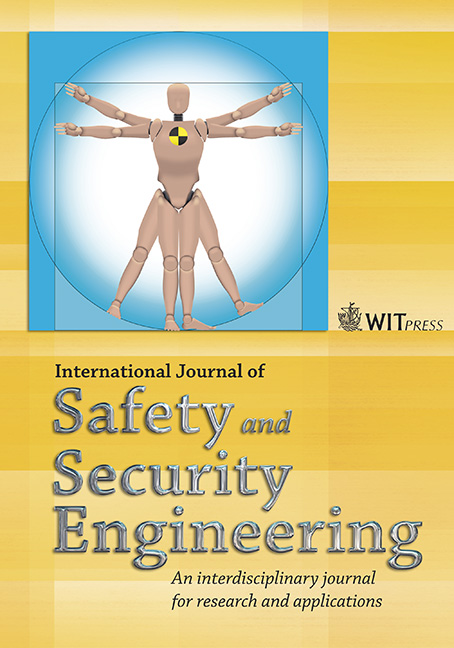The impact of mental readiness on driving performance and traffic safety
Price
Free (open access)
Volume
Volume 8 (2018), Issue 1
Pages
9
Page Range
10 - 19
Paper DOI
10.2495/SAFE-V8-N1-10-19
Copyright
WIT Press
Author(s)
NICKI MARQUARDT, CAROLIN HANNIG & SANDRA HANNIG
Abstract
The construct ‘Mental Readiness’ has been used to explain variations in peak performance within different task environments. In particular, research, conducted in diverse work settings such as sports, military and medicine, integrated mental readiness dimensions to increase human performance in critical task episodes. Mental readiness is a complex construct which encompasses sub-dimensions such as attentional control, goal-setting, relaxation, activation, self-confidence, self-talk and imagery. So far, mental readiness has not been used to predict traffic safety and driving performance of young drivers in particular. However, young drivers are involved in a huge amount of traffic accidents and therefore represent a major threat to traffic safety. One explanation is that the insufficient driving performance of young drivers is due to a lack of mental readiness when they enter the street. In this paper, we present the development of a mental readiness measure for student drivers. Hence, 167 student drivers were surveyed regarding mental readiness dimensions, driving performance and perceived stress before and after their final driving test. Data analysis revealed acceptable and even excellent internal consistency of these subscales. A validation study with four safety-related criterion measures (objective driving performance, subjective assessment of driving performance, perceived stress during test preparation, and perceived stress during driving test) showed mixed results. While some scales did not significantly correlate with driving behavior and stress indicators, other subscales like attentional control revealed good prediction coefficients. The current results can be used to train young drivers in raising their mental readiness level which could affect driving performance and road safety positively. In addition, the transfer of the central outcomes of this study to other safety-critical task environments, are discussed.
Keywords
Attentional control, driving performance, mental readiness, stress, traffic safety.




